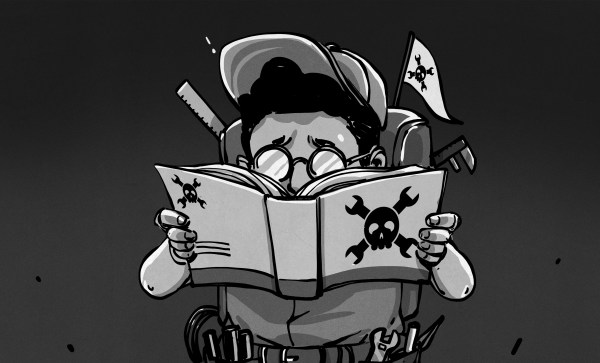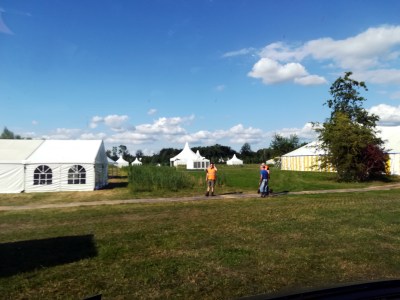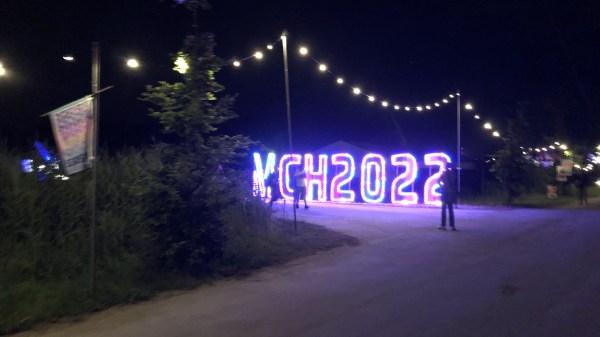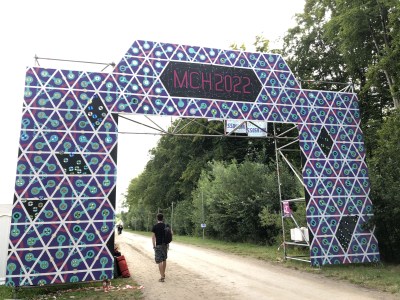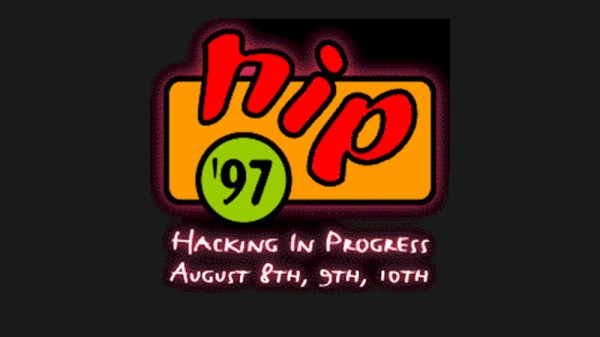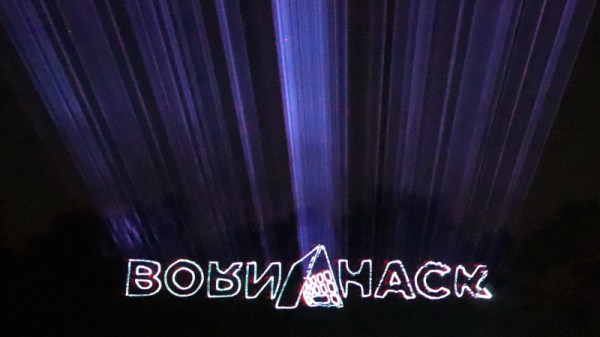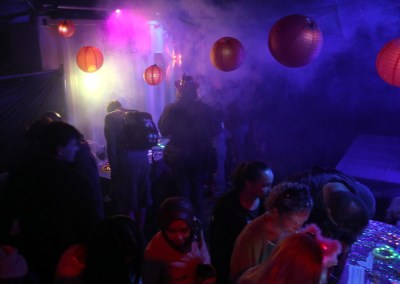
A couple of decades ago now, several things happened which gave life to our world and made it what it has become. Hackerspaces proliferated, giving what was previously dispersed a physical focus. Alongside that a range of hardware gave new expression to our projects; among them the Arduino, affordable 3D printing, and mail-order printed circuit boards.
The result was a flowering of creativity and of a community we’d never had before.Visiting another city could come with a while spent in their hackerspace, and from that new-found community blossomed a fresh wave of events. The older hacker camps expanded and morphed in character to become more exciting showcases for our expression, and new events sprang up alongside them. The 2010s provided me and my friends with some of the most formative experiences of our lives, and we’re guessing that among those of you reading this piece will be plenty who also found their people.
And then came COVID. Something that sticks in my mind when thinking about the COVID pandemic is a British news pundit from March 2020 saying that nothing would be quite the same as before once the pandemic was over. In our community this came home to me after 2022, when the first large European hacker camps made a return. They were awesome in their own way, but somehow sterile, it was as though something was missing. Since then we’ve had a few more summers spent trailing across the continent to hang out and drink Club-Mate in the sun, and while we commend the respective orgas for creating some great experiences, finding that spark can still be elusive. Hanging out with some of my friends round a European hackerspace barbecue before we headed home recently, we tried to put our finger on exactly where the problem lay.




